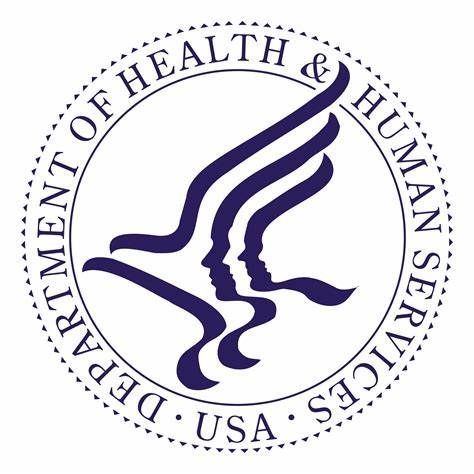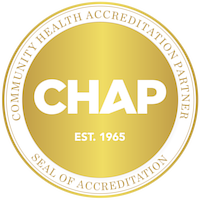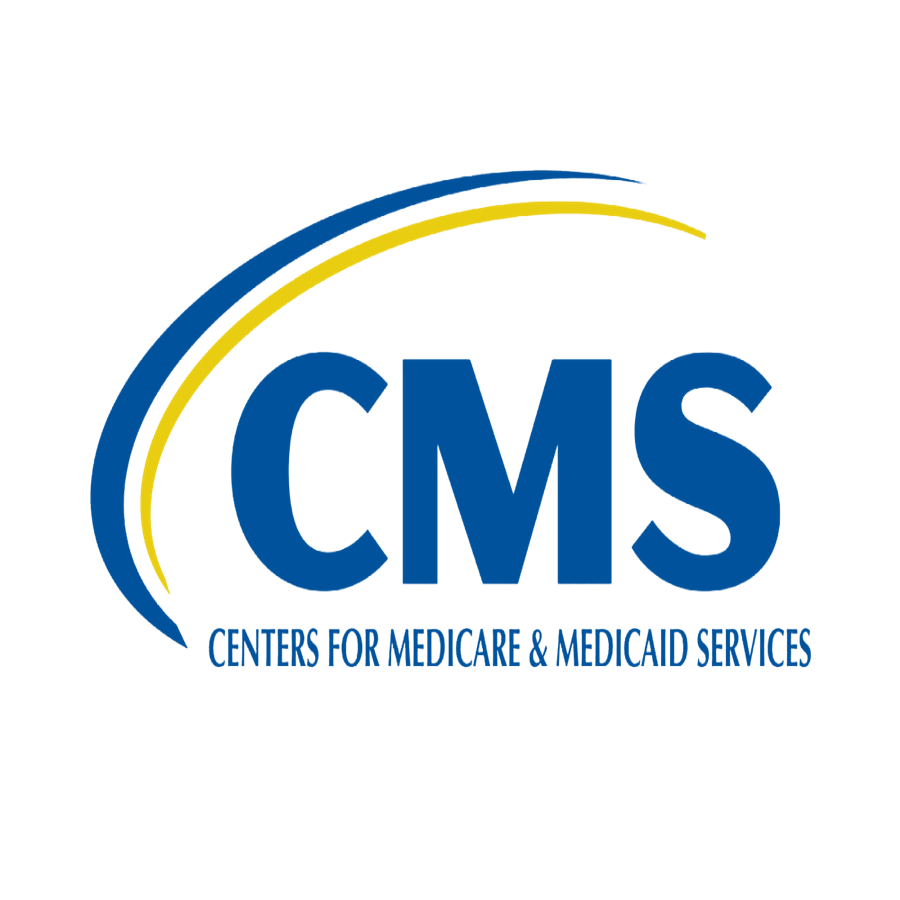Managing Medications: A Caregiver's Guide to Helping Seniors Maintain Independence
As we get older, managing medications can become more difficult, especially for those who want to stay independent. Many seniors take several prescriptions, and it can be hard to keep track of them. Following a clear medication schedule is essential to staying healthy.
It's important to take medications at the right time and in the correct dosage to manage chronic conditions and maintain a good quality of life.
For caregivers, helping loved ones manage their medications can also be stressful. Whether you’re caring for someone else or handling your own health, it’s crucial to have a system in place. This helps you stay on track and avoid common mistakes. With the right tools and support, both seniors and caregivers can manage medications safely and with less confusion.
Areas We Serve
- Home care Richmond, VA
- Home care Henrico, VA
- Home care Chesterfields, VA
- Home care Charles City, VA
- Home care Goochland, VA
- Home care Hanover, VA
- Home care New Kent, VA
Read more:

The Common Challenges of Managing Medications
1. Memory Issues
Many seniors struggle with memory, which can lead to missed doses or taking medication at the wrong time. For those managing chronic conditions, forgetting medications can result in health complications. A well-organized medication schedule and reminders are critical to staying consistent and safe. Setting reminders through technology or tying medication to daily routines can reduce forgetfulness.
2. Managing Multiple Medications (Polypharmacy)
Seniors often take several medications for various health issues, such as high blood pressure, diabetes, and arthritis. This polypharmacy creates a challenge in ensuring all prescriptions are taken as prescribed. Creating and updating a comprehensive medication list that includes all prescriptions, over-the-counter drugs, and supplements helps doctors or pharmacists review and prevent dangerous interactions. By keeping a detailed medication list, seniors and caregivers can confidently manage even the most complex regimens.
3. Complex Dosing Schedules
Certain medications must be taken at specific times, with or without food. This complexity can easily cause confusion. To stay on track, organize medications by time of day and consider using tools like pill bottles with timers or alarms. This ensures doses are not missed, and medications are taken correctly, which is essential for quality of life.
4. Physical Limitations
Many seniors experience physical challenges, such as arthritis or difficulty reading small print, which can make opening pill bottles or reading labels difficult. These limitations can increase the risk of errors in dosage. According to Johns Hopkins Medicine, making adjustments such as using easy-open bottles or larger print labels can help seniors remain independent in their medication management.
Read more:
Practical Solutions for Medication Management
1. Create and Stick to a Medication Schedule
A structured medication schedule is one of the most effective ways to stay on track with medications. Seniors can use a weekly pill organizer to sort doses by day and time. This visual aid is especially helpful for people who have a hard time remembering when to take their medication.
For those comfortable with technology, apps like Medisafe can help by sending reminders when it's time to take medication. They also track missed doses. Caregivers can assist by setting up these apps and ensuring medications are taken as prescribed. Taking medication at the correct time of day is especially important for medicines that need specific timing for optimal results.
2. Use Technology for Medication Reminders
Technology can make managing medications easier. Seniors can set simple alarms on their smartphones or use voice-activated devices like Alexa to get reminders when it's time to take their medication.
More advanced tools, like the Hero Pill Dispenser, can automatically release medications at the right time. This reduces the risk of missed doses or taking too much.
For those who need more than just a pill organizer, automatic dispensers like MedMinder are a great solution. These devices are programmed to release pills at specific times of the day, ensuring doses are always taken as prescribed. These tools give seniors greater independence and peace of mind.
Read more:
- Celebrating OT Month: Enhancing Lives with Occupational Therapy
- How Home Health Services Enhance Quality of Life of Seniors
- Dementia Home Health Care Services Richmond VA
3. Maintain an Updated Medication List
Keeping an up-to-date medication list is essential. This list should include all prescriptions, over-the-counter medicines, and supplements. It's important to share it with doctors and pharmacists to check for potential drug interactions and make sure all medications are still necessary.
Having a medication list ready for doctor visits also helps ensure prescriptions are adjusted based on any changes in health. Apps like MyMedSchedule allow both caregivers and seniors to keep a digital version of this list. It can be easily updated and shared with healthcare providers, which improves communication and ensures the most accurate information is available.
Caregiver Tips for Managing Medications
1. Communicate with Doctors and Pharmacists
For caregivers, regular communication with healthcare providers is key. Meeting with a doctor or pharmacist to review medications ensures that prescriptions are still necessary and being taken at the correct times. According to the American Geriatrics Society, regular reviews help prevent over-prescription, reduce the risk of adverse reactions, and improve medication adherence.
2. Monitor for Side Effects and Changes
Caregivers should keep an eye out for side effects, especially after new medications are introduced. Dizziness, confusion, or changes in mood may signal that a medication needs to be adjusted. Keeping a journal of how your loved one feels can help track patterns and identify potential issues. Sharing this information with healthcare providers will ensure that medications are working as intended.
Read more:
- Why Older Adults Should Talk About Pain
- The Vital Role of Nutrition in Wound Healing | Affirmation
- Assisting with Personal Home Health Care and Hygiene in Richmond, VA
3. Simplify Prescription Refills and Organize Pill Bottles
Running out of medications or forgetting to refill prescriptions can lead to skipped doses. Caregivers can set up automatic refills at local pharmacies or through mail-order services. Additionally, pill bottles with easy-open lids can be a great help for seniors with arthritis or mobility challenges. Pharmacies like PillPack offer pre-sorted pill bottles that are labeled by time of day, which helps reduce confusion and ensures all medications are taken at the right times.
4. Make Medication Check-Ins Part of the Routine
A regular check-in about medications is important. Ask your loved one how they’re feeling and if they’re experiencing any challenges sticking to their medication schedule. Open communication fosters trust and ensures that any issues, like side effects or missed doses, are addressed quickly.
Read more:
- Welcome Christina Shaw as the New Clinical Manager at Affirmation
- The Role of a Home Health Care Aide
- In-Home Medication Management for Health & Safety
Tools and Resources for Medication Management
1. Pill Organizers and Dispensers
A weekly pill organizer is one of the simplest and most effective tools for seniors managing multiple medications. These organizers allow for the pre-sorting of medications by time of day. For seniors who need more assistance, smart pill dispensers like MedMinder provide automatic reminders and can notify caregivers if a dose is missed.
2. Medication Tracking Apps
Apps like Medisafe and Pillboxie offer reminders for taking medications, track missed doses, and allow caregivers to stay updated on their loved one’s medication schedule. These apps provide peace of mind and ensure that both caregivers and seniors are on the same page.
3. Pharmacy Services
Pharmacy services like PillPack provide pre-sorted pill bottles that are delivered directly to your home. These pill bottles are labeled by time of day, ensuring that doses are taken correctly and reducing the likelihood of mistakes.
Read more:
- Tips for Convincing Your Elderly Parent to Accept Help
- Understanding the Differences Between Home Health and Home Care
- Outpatient Therapy in the Home Now Offered by Affirmation
Empowering Seniors to Manage Their Medications
1. Educate Seniors on Their Medications
Understanding why each medication is prescribed and how it works is crucial. Encourage seniors to ask questions during visits to the doctor or pharmacist, and make sure they’re aware of any potential side effects or drug interactions. Educated seniors are more likely to stay on track with their medication schedules, which directly impacts their quality of life.
2. Encourage Self-Monitoring
Seniors should track how they feel after taking medications. Self-monitoring allows them to identify side effects or changes in their health. Encourage them to report any unusual symptoms to their doctor or pharmacist to ensure medications remain effective and suitable for their current health conditions.
Read more:
- Can Mental Games Help Prevent Alzheimer’s and Dementia?
- Best Yoga Exercises and Stretches for Seniors to Do at Home
- Avoid These Eight Common Mistakes When Caring for Aging Parents
Wrapping Up
Managing medications is vital for maintaining health and a good quality of life for seniors. By using simple strategies—like creating a regular medication schedule, keeping an updated medication list, and setting up technology reminders—seniors and caregivers can easily stay on top of their loved one's medications.
For caregivers, it’s important to have open communication with healthcare providers and plan ahead. This helps ensure medications are managed properly. Encouraging seniors to take part in their own medication management can increase their independence and boost well-being.
With the right approach, medication management doesn't have to be stressful. It can lead to better health and greater independence for seniors. At Affirmation, we know how important it is for seniors to stay in control of their health. That's why we offer comprehensive home care services and a specialized medication management program.
Our experienced caregivers make sure medications are taken properly and on time. This provides peace of mind for both you and your loved ones. Whether you need help with a complicated medication schedule or simply want reliable support, we're here to help.
Read more:
- Navigating Conversations About Senior Driving and Upholding Independence with In-Home Care
- Recognizing the Unsung Heroes: National Caregivers Day and the Impact of Direct Care Workers
- Why Older Adults Should Forget the New Year’s Diet and Embrace Healthy Aging Nutrition
Ready to simplify medication management and improve your loved one’s quality of life? Contact us today to learn more about how our services can support you. Call us at (804) 588-4944 or visit us to online to schedule a consultation. We’re here to provide the care you need to thrive at home.

Affirmation is a not-for-profit organization created by LifeSpire of Virginia and Pinnacle Living.
Quick Links
Compassionate In-Home Care in Richmond
All Rights Reserved | Affirmation | Site Built By Rank Rocket Creative Studios







